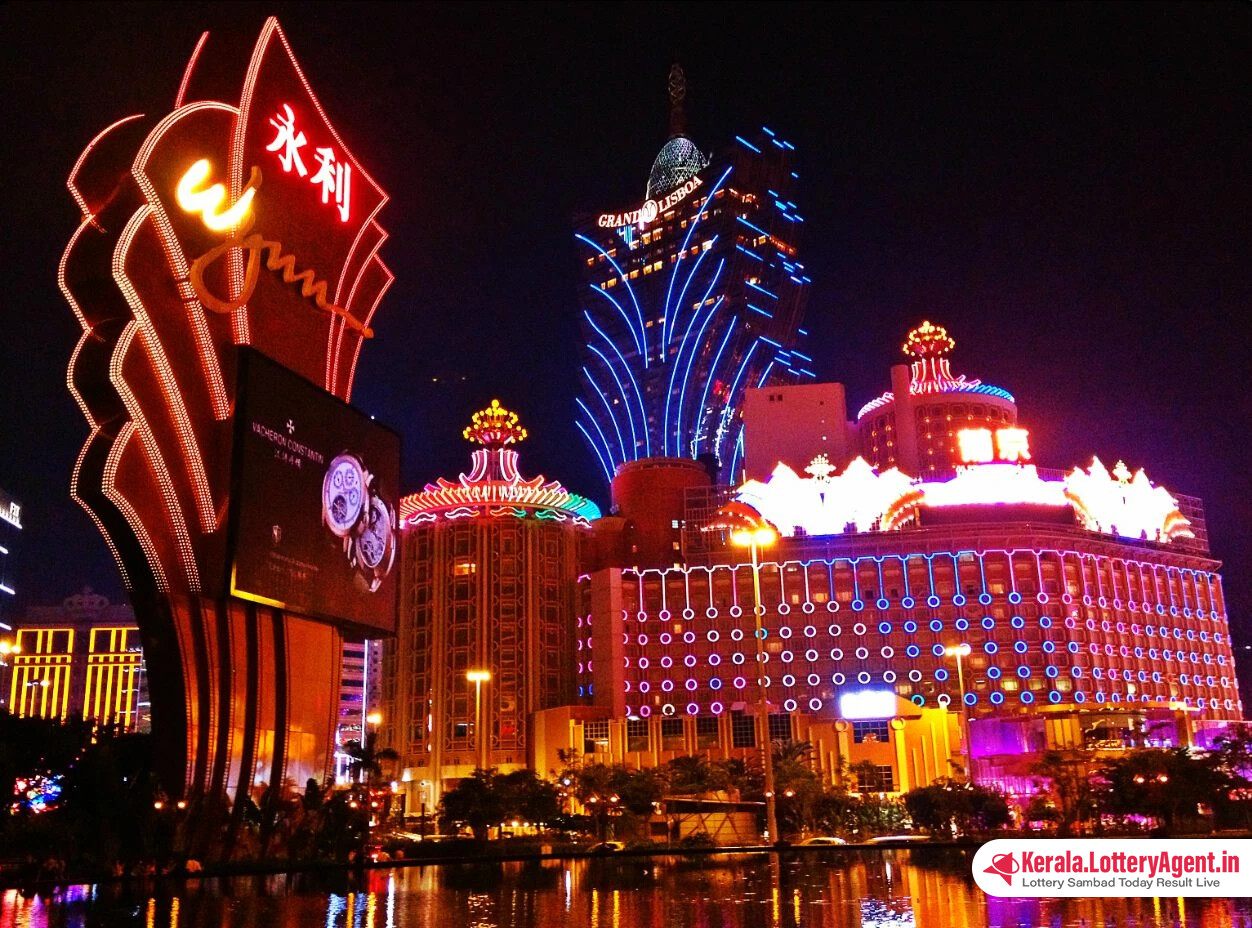
In a recent analysis of Macau’s gambling industry, there has been a significant uptick in revenue, marking a stark contrast to the previous year’s figures during the same period. November in the world’s largest gaming hub saw the casinos rake in a substantial MOP$16.04bn, an impressive leap from the previous year’s MOP$3.00bn. While this demonstrates a robust recovery, it fell short of October 2023’s staggering high of MOP$19.50bn by 17.7%. Nonetheless, Macau’s October numbers were the most prolific since before the global pandemic struck, serving as an indicator of the industry’s substantial rebound.
This ascending trajectory of year-on-year growth in Macau can be attributed to the complete removal of the stringent Covid-19 restrictions that had severely impacted the region. Last year, amid the pandemic, Macau’s bustling casinos were obliged to shut their doors temporarily, and travel to and from the territory was severely quelled. However, these limitations were lifted following widespread protests against China’s ‘zero-Covid’ policy. The region has welcomed visitors with open arms as quarantine requirements were eliminated and flight caps were abolished, facilitating a surge in visitors from international destinations.
Casino operators in Macau, such as Melco Resorts & Entertainment, have reported considerable surges in revenue following the easing of restrictions. Melco boasts a particularly noteworthy increase in its Q3 revenue, which soared by 320.6% to reach an impressive US$1.02bn. Casinos were the primary engine behind this escalation, with their revenue soaring by 346.2% to amass $812.1m.
Breaking down the revenue by property, the City of Dreams in Macau stood out with a notable revenue of $506.2m. Sister properties within the region also saw substantial earnings, with Studio City accumulating $277.7m and Altira Macau contributing $24.2m. The combined operations from Mocha clubs and other business ventures within Macau totaled an additional $30.1m in revenue.
From a financial standpoint, Melco’s group net loss attributable to the company was significantly reduced to $16.3m in Q3, a substantial improvement from the previous year’s $243.8m. Furthermore, an auspicious change was evident in adjusted EBITDA, posting a positive $280.6m, turning around a $34.9m loss from the same quarter of the preceding year.
Despite the apparent success in Macau, some industry insiders suggest that the city might not continue to be the primary growth engine for the region. Last month, a feature by iGB highlighted the potential of Southeast Asia as the most promising opportunity within the broader regional gaming sphere. The article also named Southeast Asia as a significant competitive threat to well-established casino destinations, with Macau at the forefront.
An industry authority, Daniel Cheng, went even further to contend that the ASEAN bloc is on course to surpass Japan in economic clout within the current decade. He also suggested that this group of Southeast Asian nations could grow to become an economic powerhouse only overshadowed by the likes of the US, China, and the European Union.
Macau stands at a crossroads in the gambling world, grappling with emerging competitors even as it enjoys an impressive post-pandemic resurgence. As restrictions recede into memory, the tables are turning with fortunes on the rise. But the question that looms large is whether Macau can maintain its dominance in the face of a rapidly evolving and increasingly competitive Asian casino landscape. Only time will tell if Macau can continue to hit the jackpot or if it will need to up the ante to stay in the game.












